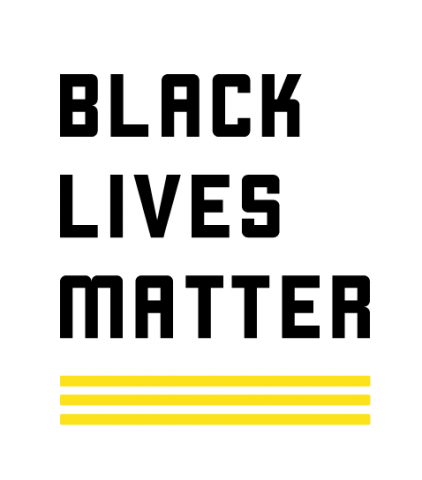
At the kindergarten school I attended in Yorkshire in the 1950s our teacher proudly showed us a map of the world with the British Empire coloured in red. It covered a large proportion of the world. It left an impression on a child’s mind. There was no hint of the domination, exploitation and cruelty that lay behind the red on that map.
In the light of Black Lives Matter, I am painfully aware that I, as a white British male, come from a race of people who have been white supremacists in our history and too often still are today. That phrase and that history still need to be acknowleded. The history applied in the Indian subcontinent, in African countries, in the slave trade and ruthlessness towards First Nation people, from the Americas to Australasia. And in Ireland. I know the tendency in my own nature to make "helpful" suggestions to others which have not been asked for and are not welcome. It's a form of cultural imperialism.
The USA is still paying the price of white supremacy, the roots of which lie in British history, and deaths in police custody of African Americans, including George Floyd.
In his book The Anarchy, William Dalrymple writes about the ruthless impact of the East India Company. It ran a standing army bigger than any European nation's. This was unprecedented for a trading company. It conducted wars of attrition to overthrow the Moghul emperor. EIC ships in Boston Harbour were carrying tea that was unceremoniously dumpted into the harbour - the Boston Tea Party, sparking the war towards American independence.
All these facts of history needs to be taught in our schools. They need to be on the history curriculum. This should include Black British history through such initiatives as The Black Curriculum, founded by Lavinia Stennet in 2019. It aims to reimagine the future of eduction through Black British history.
Granted there were British on the side of the angels, such as the MP William Wilberforce and his colleagues of the “Clapham Sect” who campaigned for 20 years inside parliament and outside for the abolition of the slave trade and slavery itself. The downside of this, however, was the massive compensation the UK government paid out, not to the 800,000 liberated slaves but to the 4,300 British slave owners for their loss of earnings. It was, according the historian David Olusoga, the biggest bail-out in the government's history.
MPs in Parliament, including Edmund Burke, were also outspoken against the East India Company and all that it stood for.
We English like to big-up the good people in our history, whilst being wilfully blind towards the evils of our history.
The antidote is acknowledgement, education, a spirit of service where once we dominated, and redemption and forgiveness - both sought and offered. "Forgive us our trespasses as we forgive those who trespass against us." And to reach out to those who are different from us.
No race, of course, has a monopoly of vice or virtue. But people of colour are still under-represented in boardrooms, the police, the judiciary and many other organisations. They are too easily targeted in the criminal justice system on both sides of the Atlantic. This urgently needs to be redressed. Come the day when the Black Lives Matter movement is no longer needed.
